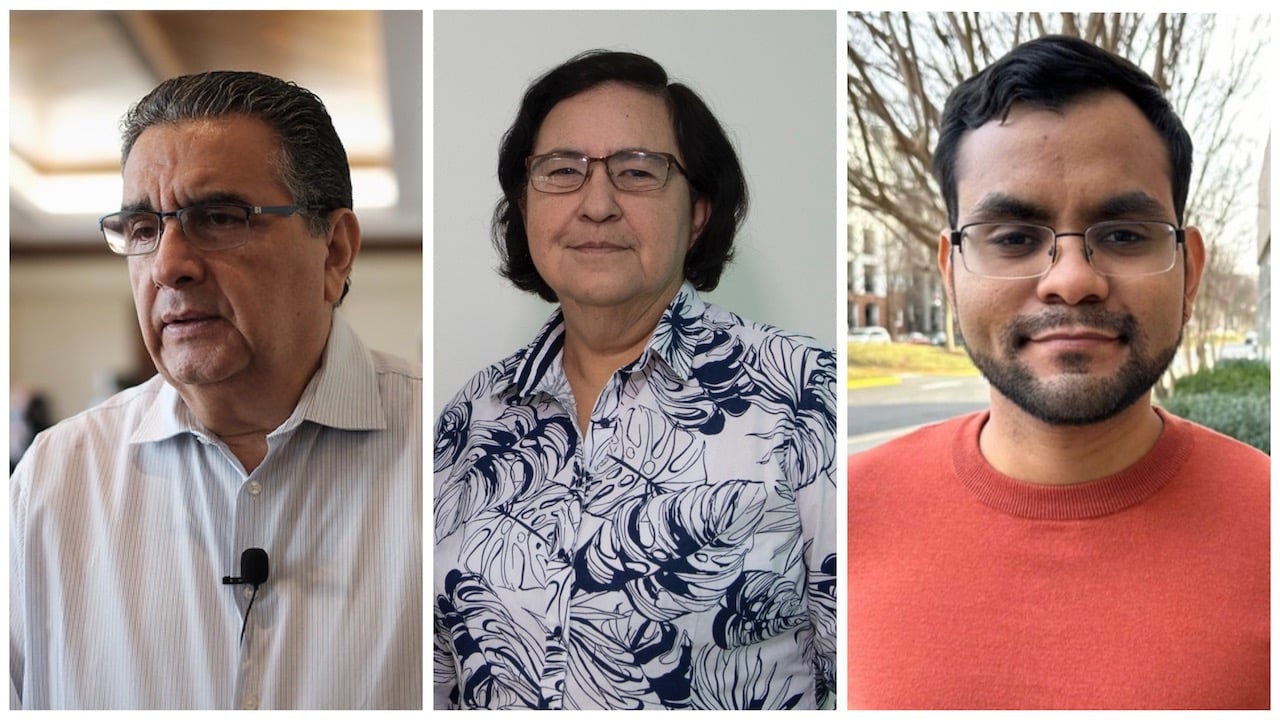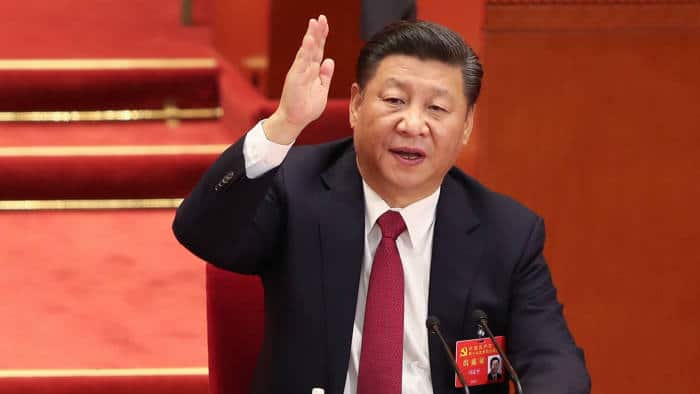2 de marzo 2022

Dialogue and Elections: “The Peaceful Way Out of the Dictatorship”

PUBLICIDAD 1M
PUBLICIDAD 4D
PUBLICIDAD 5D
Housing and more commerce are part of China’s promises, while Ortega tries to revive the interoceanic canal project.

A “great housing program” in 84 municipalities of Nicaragua and the multiplication of the commercial exchange between this Central American country and China, are part of the cry of operators of the Ortega-Murillo regime, in recent days, after the reestablishment of diplomatic relations, after Ortega broke ties with Taiwan, in December. However, economists warn that the Asian giant “is not handing out money,” as Venezuela did in the past, and is only looking for “good business” in the region.
Economist Enrique Saenz warns that China’s interest in Central America consists of “expanding its trade, in completely asymmetrical relations and with minor partners,” for which he points out that “an economy like Nicaragua’s does not have much to sell to China.”
Despite the skepticism, Ortega’s Finance Minister, Ivan Acosta, predicted, during an interview on a government run TV channel, that the commercial exchange between Nicaragua and China could multiply by seven in 2022, since by having diplomatic relations, it is possible “to attract investments and cooperation.” He described the fact as “a great opportunity.”
According to Acosta, “exports to the People´s Republic of China in 2021 -when there were no diplomatic relations-, was 54 million dollars and only one product was exported fundamentally, which were recyclable materials.” Therefore, he said that “we have an additional market” for 2022.
In the same sense, the press officer of the Chinese Embassy in Nicaragua, Claudio Xu, pointed out in another interview in the also official Channel 8, that his country would be interested in products such as: coffee, cigars, beef and seafood. “The Chinese will love all that,” he commented.
Also, the president of the Economy and Budget Commission of the National Assembly, Walmaro Gutierrez, emphasized that unlike the United States and the European Union which “always impose different conditions which are unrelated to proper trade relations,” relations with China are based on “solidarity and a lot of respect,” so that, he assessed, “I believe that Nicaragua will not be the exception.”
Despite official optimism, economist Saenz points out that the experience of Central American countries that have diplomatic and trade relations with China is not “as spectacular” as Nicaragua is trying to show.
In the case of Costa Rica, which already has a free trade agreement with China, “in 2020 the ratio of trade exchange was one to five. That is, for each 20 dollars that Costa Rica sold to China it bought 100,” he emphasizes. In addition, “they have their stadium, as an infrastructure project in which no Costa Rican bricklayer worked, and a highway to the Caribbean that is several years behind schedule,” he analyzes.
In El Salvador, which previously also reestablished diplomatic relations with China, “the deficit in the trade relationship (with China) is one to twenty. That is, for every five dollars that El Salvador exported, it bought 100 in China,” he commented. Apart from that, it is only known that President Nayib Bukele returned from China with a portfolio of agreements valued at 500 million yuan (around 79 million USD).
In the economist’s opinion “it is not rare that as part of the propaganda Ortega is trying to sell himself as a privileged partner in a strategic alliance, in such a way that he can neutralize any action by the inter-American or European community.”
However, Saenz warns that China is not Venezuela. The South American country “in its heyday provided, in terms of oil cooperation, an average of 550 million dollars annually. Are the Chinese going to match that? Venezuela became in two years the second destination of Nicaragua’s exports, will Nicaraguan exports to China grow in such a spectacular way? He questioned.
A letter from the President of China, Xi Jinping, to his Nicaraguan counterpart, Daniel Ortega, in which he communicates his interest in deepening “mutual political trust,” within the framework of the renewed relations between both nations, generated great expectations in the Nicaraguan government.
“In the (Chinese) New Year, I am willing to work together with you to deepen mutual political trust, promote cooperation in various fields, as well help to build a community of destiny of humanity, to lead the relations between China and Nicaragua,” wrote Xi to Ortega, according to the letter released by the Nicaraguan Government.
It was a message that the First Lady and spokesperson of the Nicaraguan regime, Rosario Murillo, highlighted during one of her daily monologues at the end of January. “In less than two months cooperation has already yielded fruitful results, and China-Nicaraguan relations have taken a new dimension,” she said.
Nicaragua reestablished relations with China last December, after breaking 31 years of diplomatic ties with Taiwan, considered a rebel province by China, and one of Nicaragua’s most generous donors, even after the political repression executed against the April Rebellion in 2018.
Nicaragua’s change of positions regarding China occurred after the Organization of American States (OAS), the European Union, and most of the international community, did not recognized the legitimacy of last November’s elections, in which Ortega reelected himself for a fourth consecutive term without political competition.
In recent weeks, Nicaragua and China signed a memorandum of understanding to establish a “political consultation mechanism,” a “macro agreement” of mutual support, another on trade cooperation, and another to exempt visas to those who hold diplomatic passports of both countries.
The relations between Nicaragua and China or Taiwan have been alternating throughout history. Managua had previously recognized Beijing between 1985 and 1990, also under Ortega’s presidency.
This article was originally published in Spanish in Confidencial and translated by Hvana Times
PUBLICIDAD 3M
Confidencial es un diario digital nicaragüense, de formato multimedia, fundado por Carlos F. Chamorro en junio de 1996. Inició como un semanario impreso y hoy es un medio de referencia regional con información, análisis, entrevistas, perfiles, reportajes e investigaciones sobre Nicaragua, informando desde el exilio por la persecución política de la dictadura de Daniel Ortega y Rosario Murillo.
PUBLICIDAD 3D